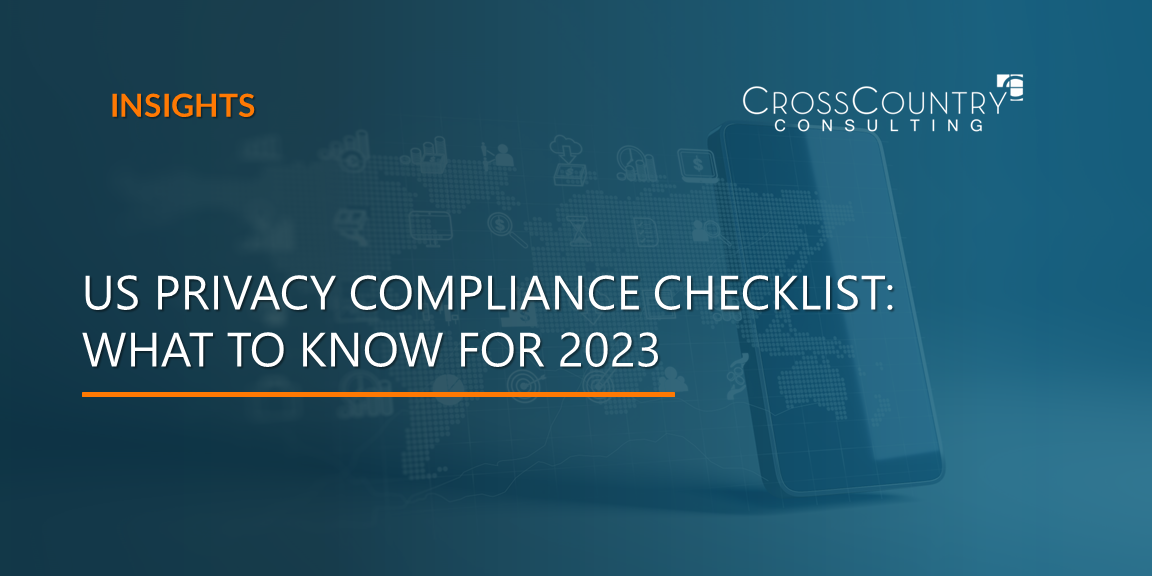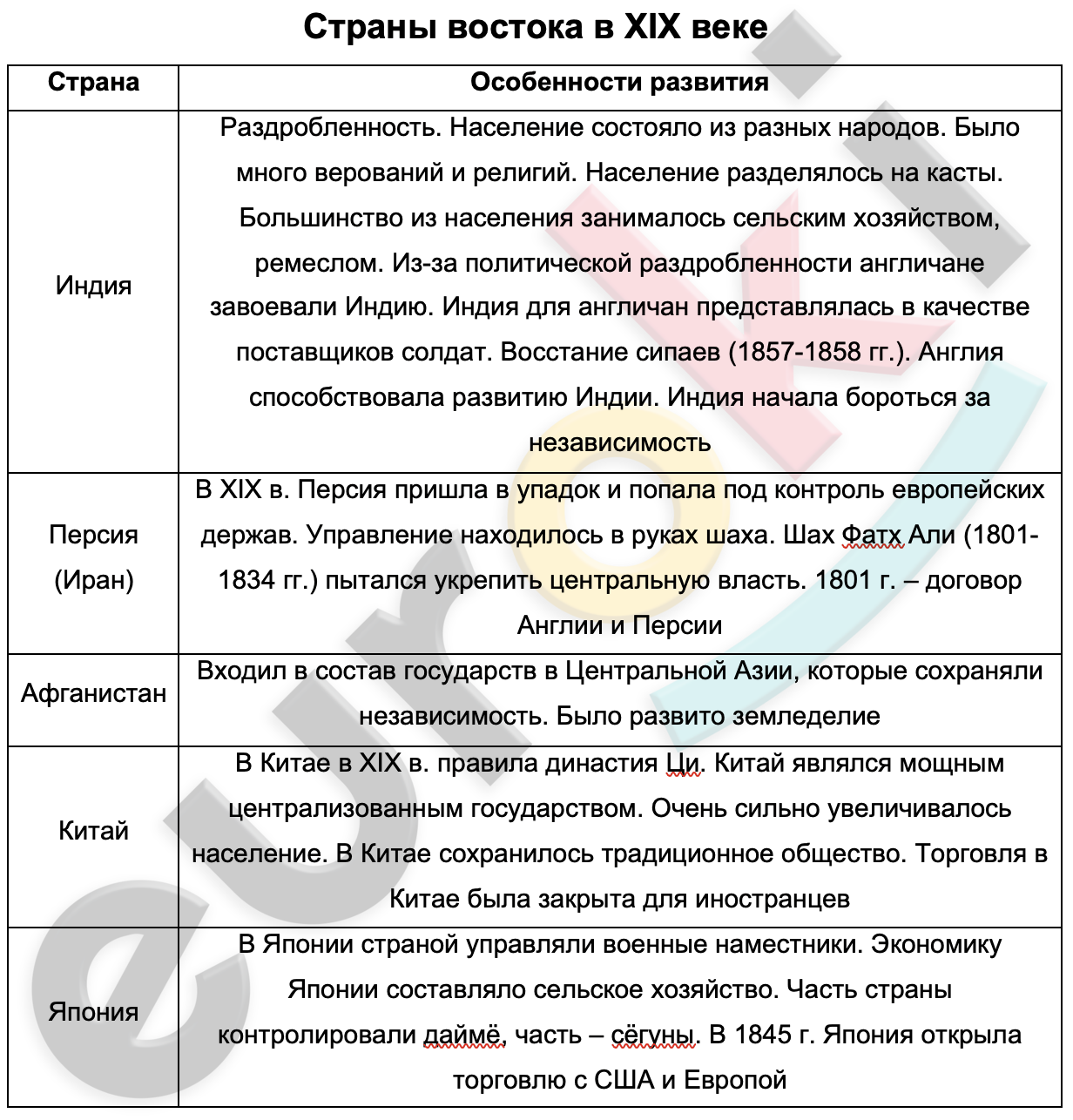CNIL's New AI Regulations: Practical Steps For Businesses

Table of Contents
Understanding the Scope of CNIL's AI Regulations
CNIL's AI regulations cover a broad spectrum of AI applications in France, impacting various sectors. Determining which AI systems fall under CNIL's purview requires careful consideration. The CNIL's definition of AI is evolving, but generally includes systems capable of automated decision-making impacting individuals. This includes systems using machine learning, deep learning, and other advanced techniques. The scope of regulated AI in France is wide-ranging.
- Definition of AI according to CNIL: The CNIL doesn't offer a single, rigid definition but focuses on the impact of the system on individuals. Systems exhibiting autonomous decision-making capabilities that could affect rights and freedoms fall under scrutiny.
- Examples of AI systems subject to regulation: This includes facial recognition technology, predictive policing algorithms, automated loan application processing systems, and AI-powered recruitment tools. Even seemingly simple AI applications can be subject to CNIL’s rules if they process personal data and lead to decisions that significantly impact individuals.
- Specific sectors heavily impacted: Healthcare, finance, and law enforcement are particularly impacted, due to the sensitivity of the data processed and the high-stakes nature of decisions made using AI. However, nearly every sector using AI to process personal data should review their compliance.
Key Principles of CNIL's AI Framework
CNIL's AI framework emphasizes ethical considerations and data protection. The core principles guiding CNIL's approach to AI regulation include human oversight, transparency, data minimization, and accountability. Adherence to these principles is key to responsible AI development and deployment.
- Principle of human oversight and control: Humans should maintain ultimate control over AI systems, especially in high-risk applications. This means establishing clear processes for human review and intervention in AI-driven decisions.
- Importance of transparency and explainability: AI systems should be transparent and their decision-making processes should be explainable. Individuals should understand how an AI system arrived at a particular decision impacting them.
- Data protection considerations specific to AI: AI systems often rely on vast amounts of personal data. CNIL regulations emphasize the need for data minimization, ensuring only necessary data is collected and processed. Robust security measures are also vital to prevent data breaches.
- Accountability and responsibility for AI systems: Clear lines of accountability must be established for AI systems. Organizations are responsible for ensuring their AI systems comply with all relevant regulations.
Practical Steps for Compliance with CNIL's AI Regulations
Compliance with CNIL's AI regulations requires a proactive and multifaceted approach. Businesses must take concrete steps to ensure their AI systems align with these principles. This includes thorough risk assessments and implementation of strong data protection mechanisms.
- Conducting a thorough risk assessment of AI systems: Identify potential risks associated with your AI systems, focusing on their impact on individuals' rights and freedoms. This is a critical first step toward mitigating potential problems.
- Implementing data protection by design and by default: Incorporate data protection considerations into the design and development of AI systems from the outset. This includes limiting data collection and processing to what is strictly necessary.
- Developing a comprehensive AI ethics policy: Establish clear guidelines for the ethical development, deployment, and use of AI within your organization. This policy should address key principles like fairness, transparency, and accountability.
- Regularly auditing AI systems for compliance: Conduct periodic audits to ensure your AI systems continue to comply with CNIL regulations. This should involve reviewing data processing activities, security measures, and accountability mechanisms.
- Training employees on AI ethics and compliance: Ensure your employees understand CNIL's AI regulations and the ethical considerations related to AI. Training programs can help foster a culture of responsible AI development and deployment.
Navigating CNIL Audits and Enforcement
Non-compliance with CNIL's AI regulations can result in significant consequences, including audits, fines, and reputational damage. Understanding the CNIL's audit process and preparing for a potential audit is crucial for any organization using AI.
- Understanding the CNIL's audit process: The CNIL conducts thorough audits to assess compliance with its regulations. These audits can involve document reviews, interviews with staff, and technical assessments of AI systems.
- Preparing documentation for a potential audit: Maintain detailed records of your AI systems, data processing activities, risk assessments, and compliance measures. This will greatly facilitate the audit process and demonstrate your commitment to compliance.
- Responding to CNIL findings and recommendations: If the CNIL identifies non-compliance issues, address them promptly and implement corrective measures. Cooperation with the CNIL during an audit is essential.
- Potential penalties for non-compliance: Non-compliance can result in significant fines, impacting your financial stability and damaging your reputation.
Conclusion
This guide has outlined the key aspects of CNIL's new AI regulations and provided practical steps for businesses to ensure compliance. Understanding and adhering to these regulations is essential for responsible AI development and deployment in France. Non-compliance can lead to significant penalties and reputational damage. Take proactive steps to ensure your business is compliant with CNIL's AI regulations. Conduct a thorough review of your AI systems and implement necessary measures to avoid potential risks. Learn more about CNIL AI regulations and best practices for compliance today!

Featured Posts
-
 Mobile App Development And The Cnil A Privacy Compliance Checklist
Apr 30, 2025
Mobile App Development And The Cnil A Privacy Compliance Checklist
Apr 30, 2025 -
 Zaschita Ot Grip Prognoza I Sveti Ot Prof Iva Khristova
Apr 30, 2025
Zaschita Ot Grip Prognoza I Sveti Ot Prof Iva Khristova
Apr 30, 2025 -
 Princeton University Donates Laptops To New Jersey Prisons For Education
Apr 30, 2025
Princeton University Donates Laptops To New Jersey Prisons For Education
Apr 30, 2025 -
 Beyonce Blue Ivy Carter And Kendrick Lamar Triumph At Naacp Image Awards
Apr 30, 2025
Beyonce Blue Ivy Carter And Kendrick Lamar Triumph At Naacp Image Awards
Apr 30, 2025 -
 Istoriya Vorombe Krupneyshie Ptitsy V Istorii I Prichiny Ikh Ischeznoveniya
Apr 30, 2025
Istoriya Vorombe Krupneyshie Ptitsy V Istorii I Prichiny Ikh Ischeznoveniya
Apr 30, 2025
Latest Posts
-
 Channing Tatum Moves On Romance With Inka Williams After Zoe Kravitz Split
Apr 30, 2025
Channing Tatum Moves On Romance With Inka Williams After Zoe Kravitz Split
Apr 30, 2025 -
 Channing Tatums New Girlfriend Inka Williams And Their Public Display Of Affection
Apr 30, 2025
Channing Tatums New Girlfriend Inka Williams And Their Public Display Of Affection
Apr 30, 2025 -
 Channing Tatum 44 And Inka Williams 25 New Romance Confirmed
Apr 30, 2025
Channing Tatum 44 And Inka Williams 25 New Romance Confirmed
Apr 30, 2025 -
 Exploring The Zoe Kravitz And Noah Centineo Dating Speculation
Apr 30, 2025
Exploring The Zoe Kravitz And Noah Centineo Dating Speculation
Apr 30, 2025 -
 Channing Tatum Dating Australian Model Inka Williams Following Zoe Kravitz Breakup
Apr 30, 2025
Channing Tatum Dating Australian Model Inka Williams Following Zoe Kravitz Breakup
Apr 30, 2025
